Study Shows Brain Changes During Pregnancy Linked To Postpartum Depression
Published: May 12, 2025l
While many people aren’t shy about their birthing stories or even detailing their infant’s diaper changes, perinatal depression, or depression during and after pregnancy, affects about one in seven women and rarely gets the same attention. The condition can be life-altering without intervention and support. Recently, a new study published in Science Advances reveals how perinatal depression changes the brain.
Researchers followed 88 women during their first pregnancy, administering brain scans during the third trimester and then a month after giving birth. The results showed that women who experienced depressive symptoms and worse childbirth experience had a larger right amygdala, or the part of the brain responsible for processing emotions, and larger hippocampi, which are responsible for learning and memory. These changes have been replicated in prior studies to reliably differentiate patients with and without major depression.
In the past, we hypothesized that perinatal depression was mainly related to hormonal changes in the peripartum period. In 2023, the U.S. Food and Drug Administration (FDA) approved the first oral medication for treatment of depression after childbirth, or postpartum depression, in adults specifically targeting these changes. But we know it’s not that simple, as there remains a proportion of patients who did not respond to this treatment. Studies such as this one help us understand the changes related to depression in new parents, which will then help us find the best ways to treat them.
Prenatal & Postpartum (Perinatal) Depression Signs & Symptoms
Changes in mood during pregnancy and after birth are very common, and it is incredibly important to know when to seek support. About 85% of people experience “baby blues” or postpartum blues within the first three to five days of delivery due to hormonal shifts, with symptoms such as mood swings, difficulty sleeping, and irritability. While the postpartum blues usually resolve within two weeks, if you experience symptoms for longer, or to the point that it impacts your ability to care for your children, your relationship with your partner, or your work, you should speak with your provider.
Perinatal depression can happen up to a year after birth, so the more you’re aware of any changes in your mood, especially if you begin acting or thinking out of character, the quicker you can reach out for support.
How To Seek Help When You Need It
It is important to screen patients for depression prior, during, and after pregnancy, as postpartum depression often manifests prior to childbirth. At Stamford Health, we use a standardized screening tool that asks about a person’s symptoms. Answering honestly can be harder for a patient than it seems because of the stigma around depression. The silver lining of the Covid-19 pandemic was an increased awareness and openness in talking about mental health, so now we are observing a reassuring change. Having an obstetrician or gynecologist that you trust will also help in making it easier to share your mental health concerns.
Even if stigma is eradicated, access to care is still a roadblock. Stamford Health has recently expanded its mental health support for patients and now includes social workers and psychiatrists. A first step for a patient would be to discuss their symptoms with their OB-GYN.
From there, the physician can make a referral to our psychiatry department. We offer in-person psychotherapy and medication management, and video follow-up visits when appropriate. I am proud that Stamford Health has access to community programs in Connecticut such as ACCESS Mental Health and Substance Use for Moms. This government-sponsored program provides perinatal psychiatric expertise and consultation, educational resources, and connects patients to community resources.
More than anything, the study revealing brain changes highlights how depression is a measurable medical problem and that we should treat it like any other medical condition. Think about it this way: If you have diabetes or hypertension, your physician will recommend treatment with medication, lifestyle changes, or both. The same can be said for depression; it is a treatable condition which responds well with medication, psychotherapy, or both.
Stamford Health offers individualized treatment plans and group therapy to support pregnant and postpartum women dealing with anxiety, depression, bipolar disorder, psychosis, and other conditions. Please visit our web page to learn more or call 203.276.2453.
Researchers followed 88 women during their first pregnancy, administering brain scans during the third trimester and then a month after giving birth. The results showed that women who experienced depressive symptoms and worse childbirth experience had a larger right amygdala, or the part of the brain responsible for processing emotions, and larger hippocampi, which are responsible for learning and memory. These changes have been replicated in prior studies to reliably differentiate patients with and without major depression.
In the past, we hypothesized that perinatal depression was mainly related to hormonal changes in the peripartum period. In 2023, the U.S. Food and Drug Administration (FDA) approved the first oral medication for treatment of depression after childbirth, or postpartum depression, in adults specifically targeting these changes. But we know it’s not that simple, as there remains a proportion of patients who did not respond to this treatment. Studies such as this one help us understand the changes related to depression in new parents, which will then help us find the best ways to treat them.
Prenatal & Postpartum (Perinatal) Depression Signs & Symptoms
Changes in mood during pregnancy and after birth are very common, and it is incredibly important to know when to seek support. About 85% of people experience “baby blues” or postpartum blues within the first three to five days of delivery due to hormonal shifts, with symptoms such as mood swings, difficulty sleeping, and irritability. While the postpartum blues usually resolve within two weeks, if you experience symptoms for longer, or to the point that it impacts your ability to care for your children, your relationship with your partner, or your work, you should speak with your provider.
Perinatal depression can happen up to a year after birth, so the more you’re aware of any changes in your mood, especially if you begin acting or thinking out of character, the quicker you can reach out for support.
How To Seek Help When You Need It
It is important to screen patients for depression prior, during, and after pregnancy, as postpartum depression often manifests prior to childbirth. At Stamford Health, we use a standardized screening tool that asks about a person’s symptoms. Answering honestly can be harder for a patient than it seems because of the stigma around depression. The silver lining of the Covid-19 pandemic was an increased awareness and openness in talking about mental health, so now we are observing a reassuring change. Having an obstetrician or gynecologist that you trust will also help in making it easier to share your mental health concerns.
Even if stigma is eradicated, access to care is still a roadblock. Stamford Health has recently expanded its mental health support for patients and now includes social workers and psychiatrists. A first step for a patient would be to discuss their symptoms with their OB-GYN.
From there, the physician can make a referral to our psychiatry department. We offer in-person psychotherapy and medication management, and video follow-up visits when appropriate. I am proud that Stamford Health has access to community programs in Connecticut such as ACCESS Mental Health and Substance Use for Moms. This government-sponsored program provides perinatal psychiatric expertise and consultation, educational resources, and connects patients to community resources.
More than anything, the study revealing brain changes highlights how depression is a measurable medical problem and that we should treat it like any other medical condition. Think about it this way: If you have diabetes or hypertension, your physician will recommend treatment with medication, lifestyle changes, or both. The same can be said for depression; it is a treatable condition which responds well with medication, psychotherapy, or both.
Stamford Health offers individualized treatment plans and group therapy to support pregnant and postpartum women dealing with anxiety, depression, bipolar disorder, psychosis, and other conditions. Please visit our web page to learn more or call 203.276.2453.
Featured Expert/ Author




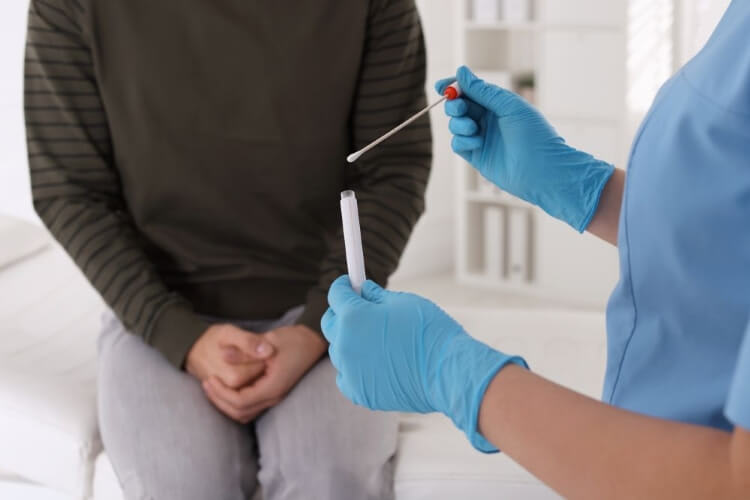














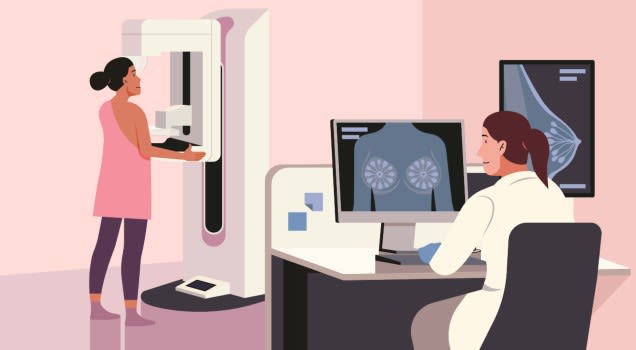






)











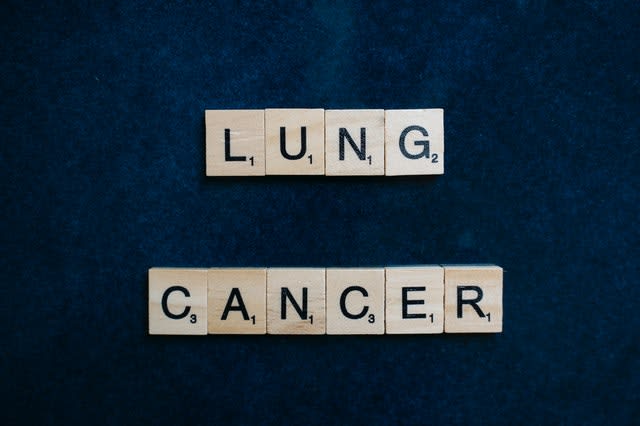



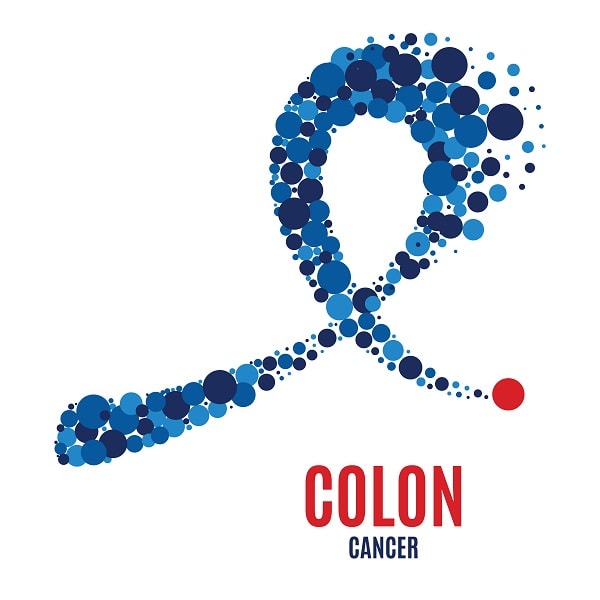

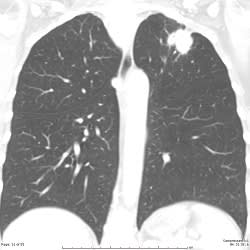








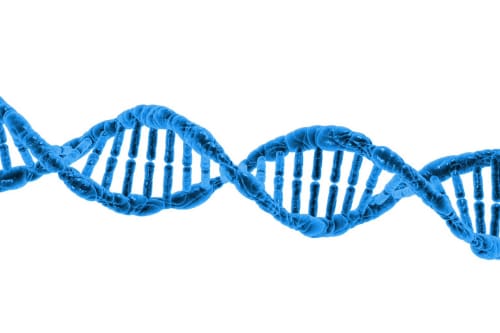










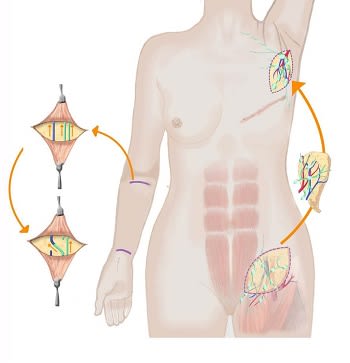




































)


)

)
)




